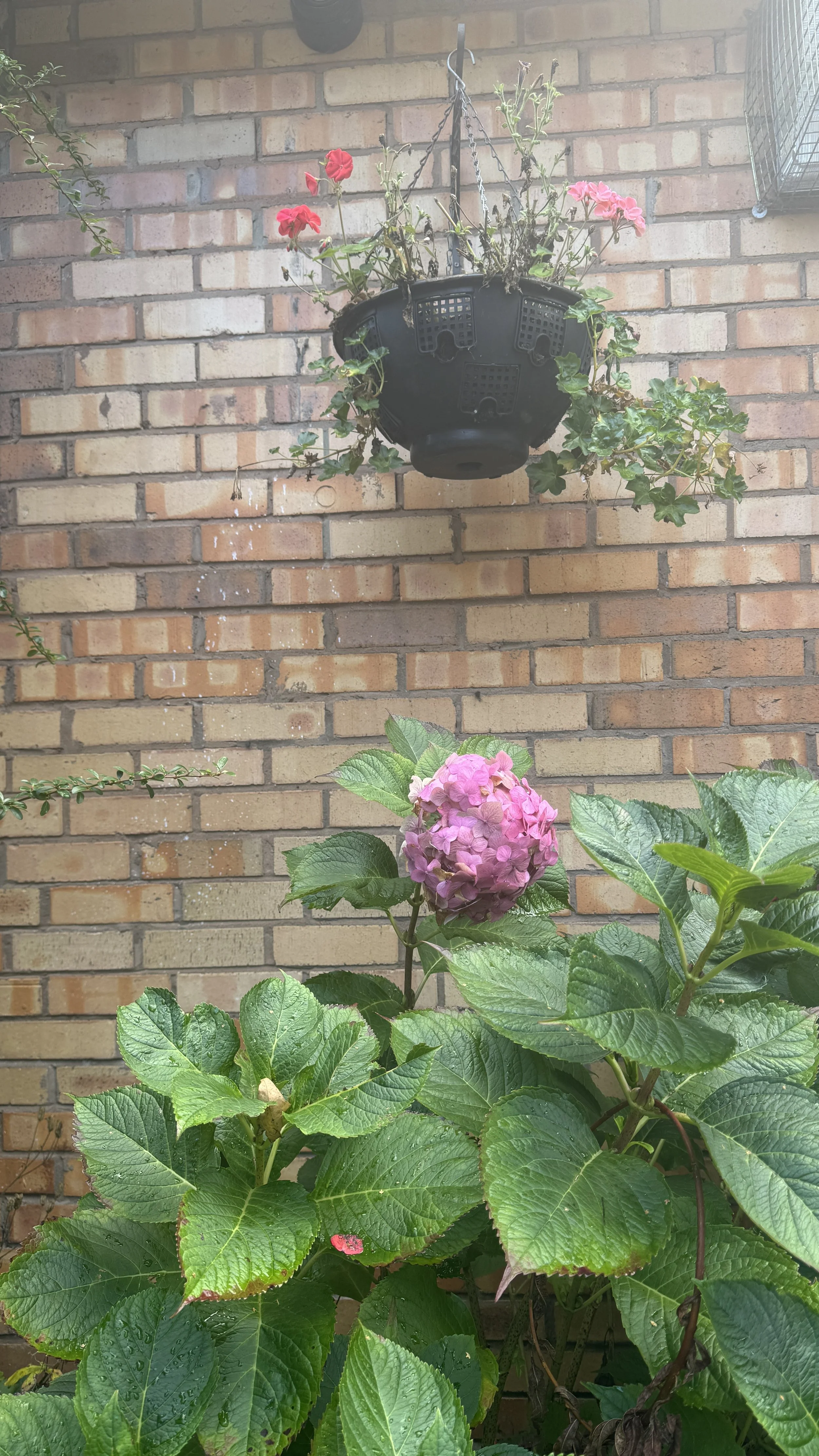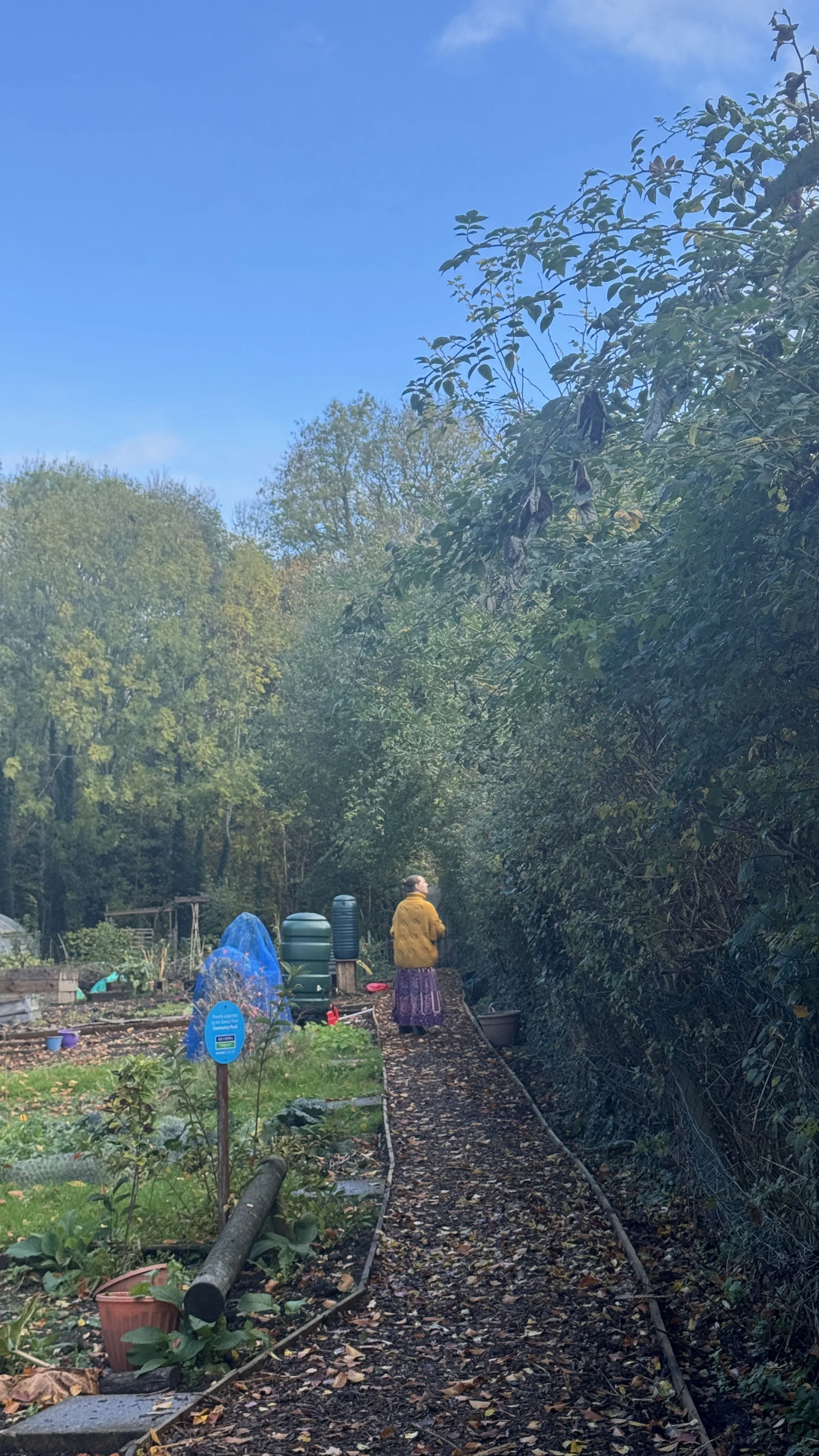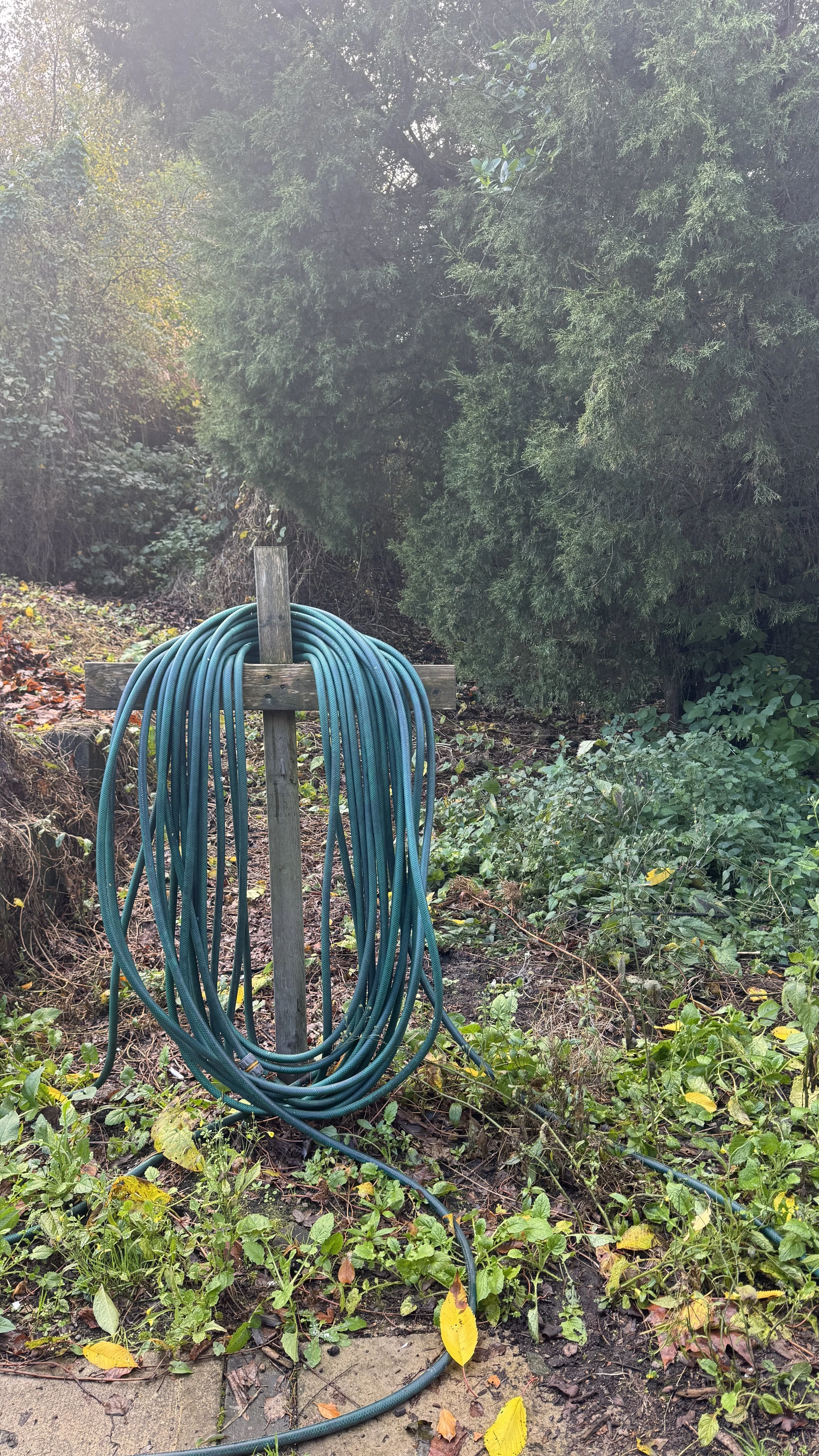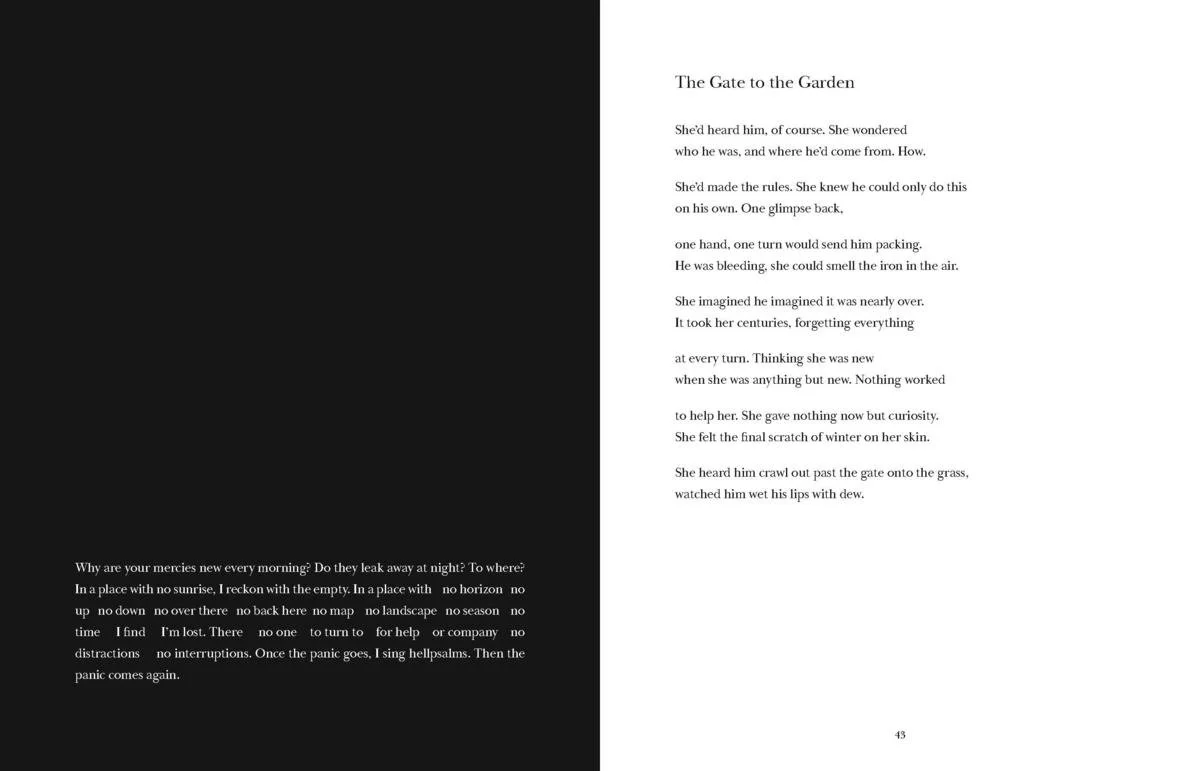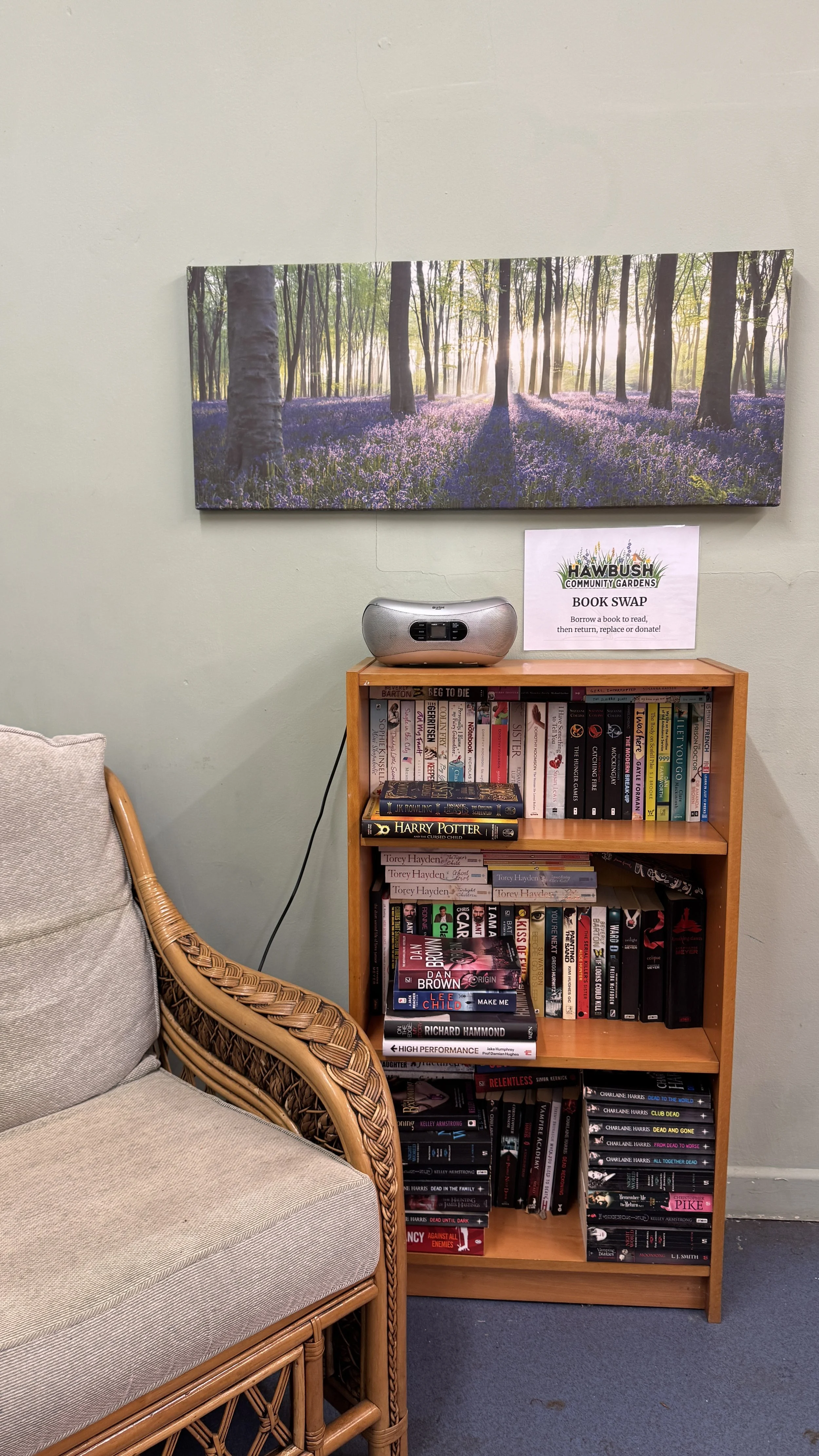
EMERGE.
Harvesting Quiet Voices
Session 3 Reflection
October Spring
Another week influenced by wind, we moved the session into the community centre on the grounds of Hawbush Community gardens. Though not nature as host, the centre felt familial with comfortable, wiccan furniture, like what you find in conservatories, a small library for book swapping, a corner of the space dedicated to children with tiny chairs, toys and dolls houses with art work on the walls, hand knitted pumpkins, fairy lights and heaters, community filled the space and made this session a very intimate one.
A recording of the meditation along with shares in circle afterwards.
LISTEN HERE
EMERGING
MEDITATION
We began by softening our gaze, finding the edge of peripheral vision, feeling the soles of our feet, pressing spines against chairs, sensing fabric on skin. The room quietened as we came home to the body in the warmth of shelter.
Breath by breath, we sent signals to our nervous systems that it was safe to rest, to return.
“Just sending signals to your nervous system that you're safe. It's okay to start to switch into that mode of restoring, resting. It's starting to bring in that energy of spring, the emergent feeling, the hopefulness, the looking forward but the not knowing.”
We invited the energy of emergence: curiosity without agenda, the hopeful unknowing that marks the beginning of growth.
Sit Spot
As ritualised in these gathers, condoned by the openness of Hawbush Gardens and facilitated by a rainless storm, we were able to continue with our Sit Spot practice and ventured outside to commune with plant, tree, and land.
Group Reflections
“When I was outside in the meadow, I was thinking about what you said — that feeling of belonging even when alone. You can see what others have planted, what’s been tended. It feeds the soul. Even in a hopeless world, there’s still this hopeful energy in spring.”
“I kept thinking of a time when everything we had came from the land — when we learned the names and uses of things by their character. Our wildness is vanishing now, taken by progress. To be wild and free was a lesson passed through generations. What happens when that last lesson is lost?”
“My sit-spot was by the hedge. It’s such a divided space — once useful for keeping animals in, but now it feels like a barrier. Laying a hedge is harsh: cutting almost through, then bending it down so it can regrow. It’s disruption and regeneration together. Like spring itself — that toughness and then the light.”
“Elder dominates that hedge, killing the base. But Elder has her own medicine too. She was saying, ‘Look at me!’ while the cherry plum further down whispered, ‘Please, leave me alone.’ There’s personality in the hedge — a need for relationship. Not control, but tending.”
We spoke of the hedge as metaphor — for memory, for division, for what is left untended. It stands as a living boundary between what is held and what is forgotten. In laying it, we intervene — disrupt the surface health to allow true regeneration beneath.
“If we just adhered to what the seasons tell us,” someone said, “we wouldn’t be in so much trouble. We live as if summer never ends, excavating and producing without rest. The earth never gets her winter.”
The conversation turned to birds, the absence of them that morning, and their sudden, surprising flights: the murmuration of goldfinches like a shoal of fish in the sky. Signs that even what feels absent might only be shifting form, returning elsewhere - CONTINUALLY EMERGING.
MORE THAN HUMAN KIN COUNCIL OF BIRDS
The following is a transcript from the recorded circle…
“And just because she makes you know, I didn’t see one bird out there — just absence of birds. But was it last week we were here? And you had a circle of cat… we used to talk about the couch, love birds round here, okay? Yeah, yeah, that was stand by the crab apple tree, yeah. But really — so that was telling of the time, isn’t it, really? In such a short space of time.”
“Yeah, I have seen some jays this morning.”
“You have? Good old robin there in the tips.”
“Yeah, robin was there, was there. I was walking down the path — they never abandon. Or maybe Tuesday? Remember that good day we had when there were two… brothers, I don’t… but they weren’t flapping at all. They were just dis and just doing. Still moving. It looked so cool.”
“Wow. I’ve seen old buzzard when we were packing up last, when we were at the car — just here, out. So I’d actually… it was just this… oh yeah, we thought it might be goldfinch.”
“Goldfinches. And it was like starlings, you know — they were sort of, yeah, like that, but you could tell it wasn’t starlings, was it? It was definitely something finchy and it was twittery and yeah, it was really unusual. But then I found out that goldfinches do do that occasionally — they all come together and murmurate in a way. It was beautiful. As soon as I got my phone out to try and catch them, they all flitted into their hedges and their bushes.”
“And you know, there was a real message in that somehow. And then we were waiting, weren’t we? And they just didn’t come back again. But they looked like fishes — they looked like a shoal of fish in the sky, which is just amazing. And now I’m thinking about it, they fly in the same pattern that a pigeon does — so like pigeon, sort of flap-flap-flap-rise and then come back down again, and flap-flap-flap-rise and come back down again — and that’s what these finches were doing all in unison.”
“Yeah, like smoke almost.”
On the Nature of Forgetting
by Pádraig Ó Tuama, from Kitchen Hymns
She’d seen his wounds — who couldn’t? —
but she knew she shouldn’t ask until he’d settled down a bit.
So she watched, waited, saw him bend his knees while he was standing,
balancing on the front part of his feet,
tightening the muscles of his ass and thighs,
always scanning the horizon, planning his escape.She looked at his bare back, his gasping, panicked chest,
his mangled ankles.“Who did this to you?” she said at last.
“I forget,” he said.
“Forget or won’t remember?” she asked.
“Is there a difference?” he said.
“Yes,” she said.
“I can see you need to talk, so talk to me —
if not me, anyone, anything: the sky, the earth,
a fucking tree.”“Can’t,” he said.
“And I don’t want to either.”
From Kitchen Hymns by Pádraig Ó Tuama, a reimagining of the Hades and Persephone myth in which an agnostic Jesus and Persephone meet in the underworld. Both are cast as survivors of hell, Persephone through her annual descent into darkness, Jesus through crucifixion and return. In Ó Tuama’s hands, their story becomes a conversation between belief and doubt, death and renewal, spirit and soil.
Read through the lens of spiritual ecology, the collection speaks to our shared forgetting of sacred cycles, the ways we’ve severed ourselves from descent, rest, and regeneration. Persephone’s return each spring echoes the earth’s own remembering; Jesus’ resurrection becomes a metaphor for the restoration of right relationship. Together, they invite us to see forgetting not as loss, but as a composting, a surrender that makes room for new life.
In “On the Nature of Forgetting,” this theme takes shape in community: shared wounds, memories that resist being named, the tenderness of choosing to begin again, emerging, following, remembering.
